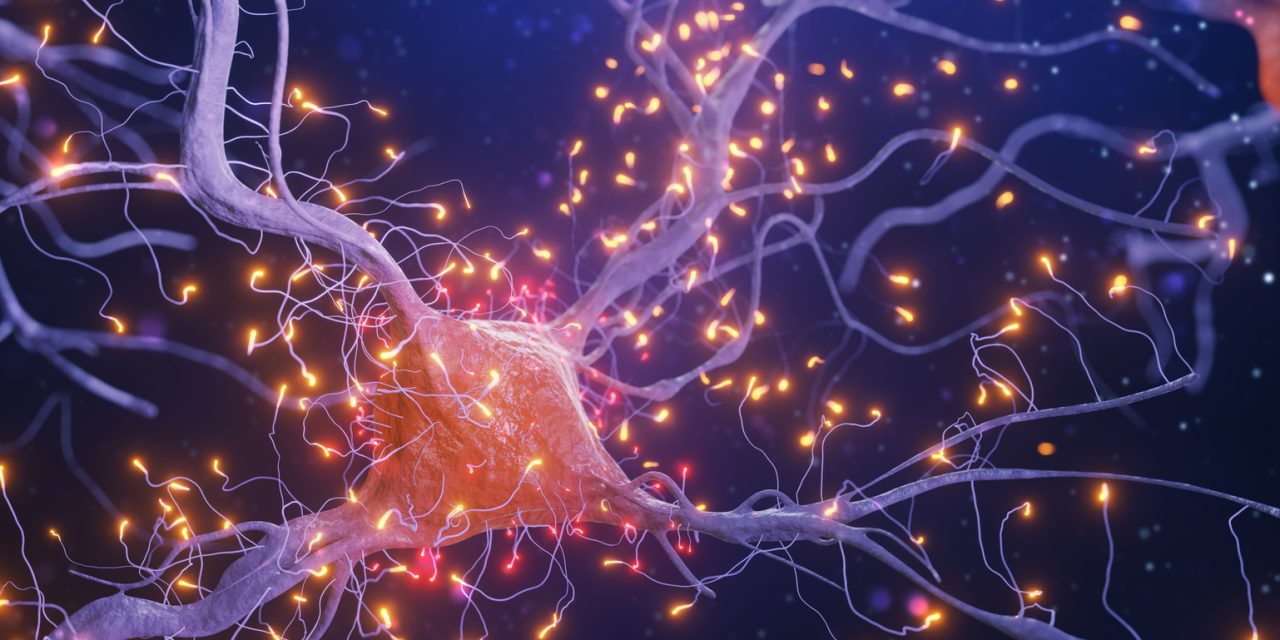Personalized weight management strategies are gaining interest. However, knowledge is limited regarding eating habits and association with energy intake, and current technologies limit assessment in free-living situations. We assessed associations between eating behavior and time of day with energy intake using a wearable camera under free-living conditions and explored if obesity modifies the associations. Sixteen participants (50% with obesity) recorded free-living eating behaviors using a wearable fish-eye camera for 14 days. Videos were viewed by trained annotators who confirmed number of bites, eating speed, and time of day for each eating episode. Energy intake was determined by a trained dietitian performing 24-h diet recalls. Greater number of bites, reduced eating speed, and increased BMI significantly predicted higher energy intake among all participants (P 0.05). Greater number of bites and reduced eating speed were significantly associated with higher energy intake in participants without obesity. Results show that under free-living conditions, more bites and slower eating speed predicted higher energy intake when examining consumption of foods with beverages. Obesity did not modify these associations. Findings highlight how eating behaviors can impact energy balance and can inform weight management interventions using wearable technology.Copyright © 2021. Published by Elsevier Ltd.
Association of number of bites and eating speed with energy intake: Wearable technology results under free-living conditions.


